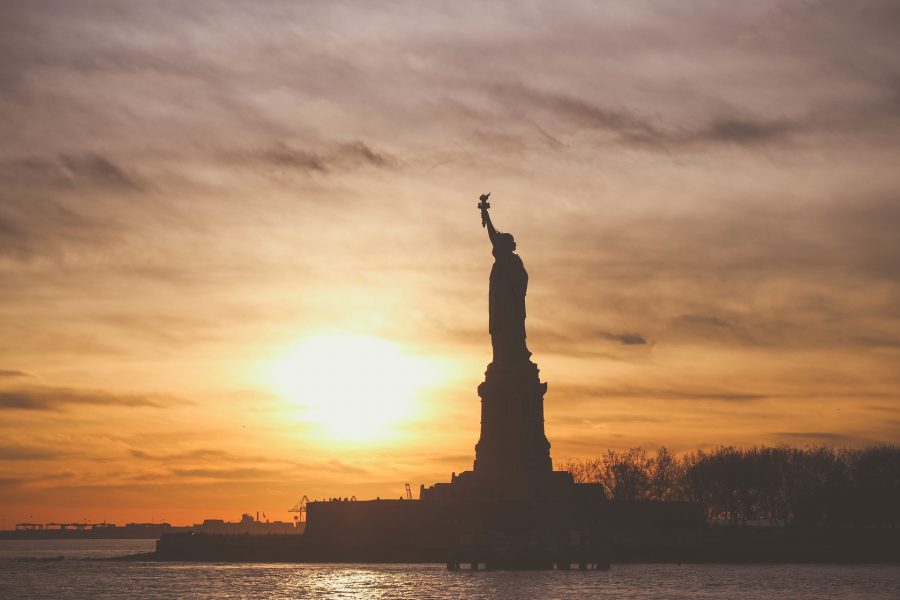Trump’s Immigration Ban and the Courts
On Thursday, January 27, President Donald Trump signed an executive order that addressed “extreme vetting.” He later tweeted about the order, referring to it as a “travel ban.” The President’s ban blocked entry for any non-US citizen attempting to enter the country from Iraq, Syria, Iran, Sudan, Libya, Somalia, or Yemen for 120 days in the case of refugees and 90 days in the case of visitors to the United States.
There has been noticeable controversy about the ban and its legality; many have flocked to airports to protest, while others defend the president. On Friday, February 3, Federal Judge James L. Robart instituted a nationwide halting of President Trump’s travel ban, declaring the order unconstitutional after two states filed lawsuits. Department of Justice lawyers appealed the decision to the Court of Appeals for the Ninth Circuit, claiming the president has the constitutional right to bar entrance into the country, and the courts had no right to rule on his decisions about national security.
On Thursday, February 9, after both sides presented their arguments, the Court of Appeals ruled unanimously that the ban “did not advance national security,” and the defense had shown no evidence that anyone from the seven barred countries had committed terrorist attacks on American soil. The Court also addressed the allegations that Robart had no right to halt the president’s ban, stating “it is beyond question that the federal judiciary retains the authority to adjudicate constitutional challenges to executive action.” In a tweet, Donald Trump responded to the ruling of the Court, “See you in court, the security of our nation is at stake!”
Several other lawsuits have been filed thus far, including that of Bob Ferguson, Washington state’s attorney general. Ferguson’s suit challenges several key aspects of the president’s ban and is being backed by one hundred companies, including Amazon and Expedia, as well as ten states. “The law is a powerful thing,” Ferguson told one reporter. “It has the ability to hold everybody accountable, […] and that includes the president of the United States.”


